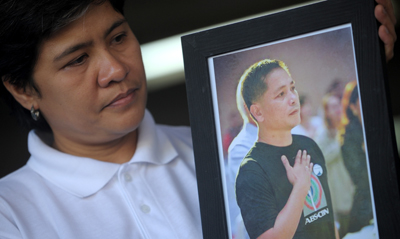Death toll mounts for journalists in Philippines
Another Philippine journalist was killed in a drive-by shooting on Wednesday, bringing to at least six the total slain in the country this year. In none of the cases have police determined whether they were killed because of their work as journalists or for other reasons. The investigations into the cases appear to have gone…
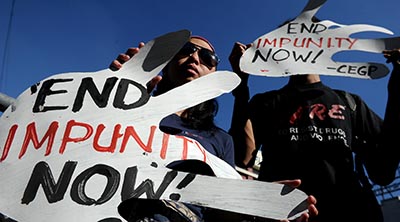
In Index, a pattern of death, a roadmap for solutions
Gerardo Ortega’s news and talk show on DWAR in Puerto Princesa, Philippines, went off as usual on the morning of January 24, 2011. Ortega, like many radio journalists in the Philippines, was outspoken about government corruption, particularly as it concerned local mining issues. His show over, Ortega left the studios and headed to a local…
In Philippines, questions on witness death in Ortega case
Questions surrounding the death of Dennis Aranas, accomplice-turned-witness to the murder of Filipino journalist Gerardo Ortega, have increased over the past week. Their answers beg yet another question: will the masterminds behind Ortega’s murder succeed in eluding justice?
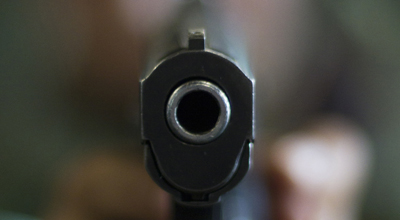
Journalists still murdered where impunity reigns
Almost half of the 67 journalists killed worldwide in 2012 were targeted and murdered for their work, research by the Committee to Protect Journalists shows. The vast majority covered politics. Many also reported on war, human rights, and crime. In almost half of these cases, political groups are the suspected source of fire. There has…
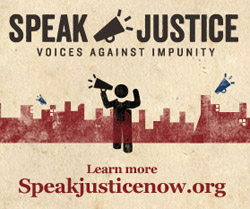
Speak Justice campaign fights impunity in press murders
The tortured and decapitated body of 39-year-old María Elizabeth Macías Castro was found on a Saturday evening in September 2011. It had been dumped by the side of a road in Nuevo Laredo, a Mexican border town ravaged by the war on drugs. Macías, a freelance journalist, wrote about organized crime on social media under…
To fight impunity, cycle of fear, silence must be broken
Three years ago, on November 23, 2009, 30 journalists and two media workers were brutally killed in the southern Philippine city of Maguindanao while travelling in a convoy with the family and supporters of a local politician. To this day, not a single suspect has been convicted, though local authorities have identified close to 200.…
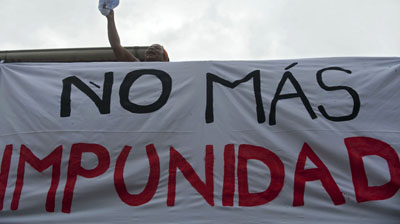
Will UN plan address impunity, security for journalists?
Here are the facts:A journalist is killed in the line of duty somewhere around the world once every eight days.Nearly three out of four are targeted for murder. The rest are killed in the crossfire of combat, or on dangerous assignments such as street protests.Local journalists constitute the large majority of victims in all groups.The…
Twenty-three days to take action against impunity
Approximately 30 journalists are targeted and murdered every year, and on average, in only three of these crimes are the killers ever brought to justice. Other attacks on freedom of expression occur daily: bloggers are threatened, photographers beaten, writers kidnapped. And in those instances, justice is even more rare. Today, the Committee to Protect Journalists…
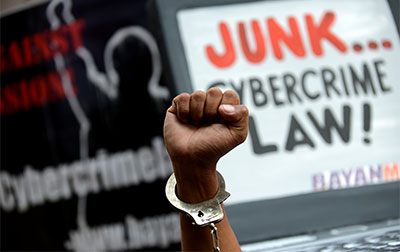
Quick rethink on cybercrime law in Philippines
On Tuesday, the Philippines Supreme Court issued a temporary restraining order stopping the government from enforcing the Cybercrime Prevention Act of 2012 which President Benigno Aquino III signed into law last month. The court, in full session, ordered that oral arguments for and against will start January 15. And it gave the government 10 days to…
